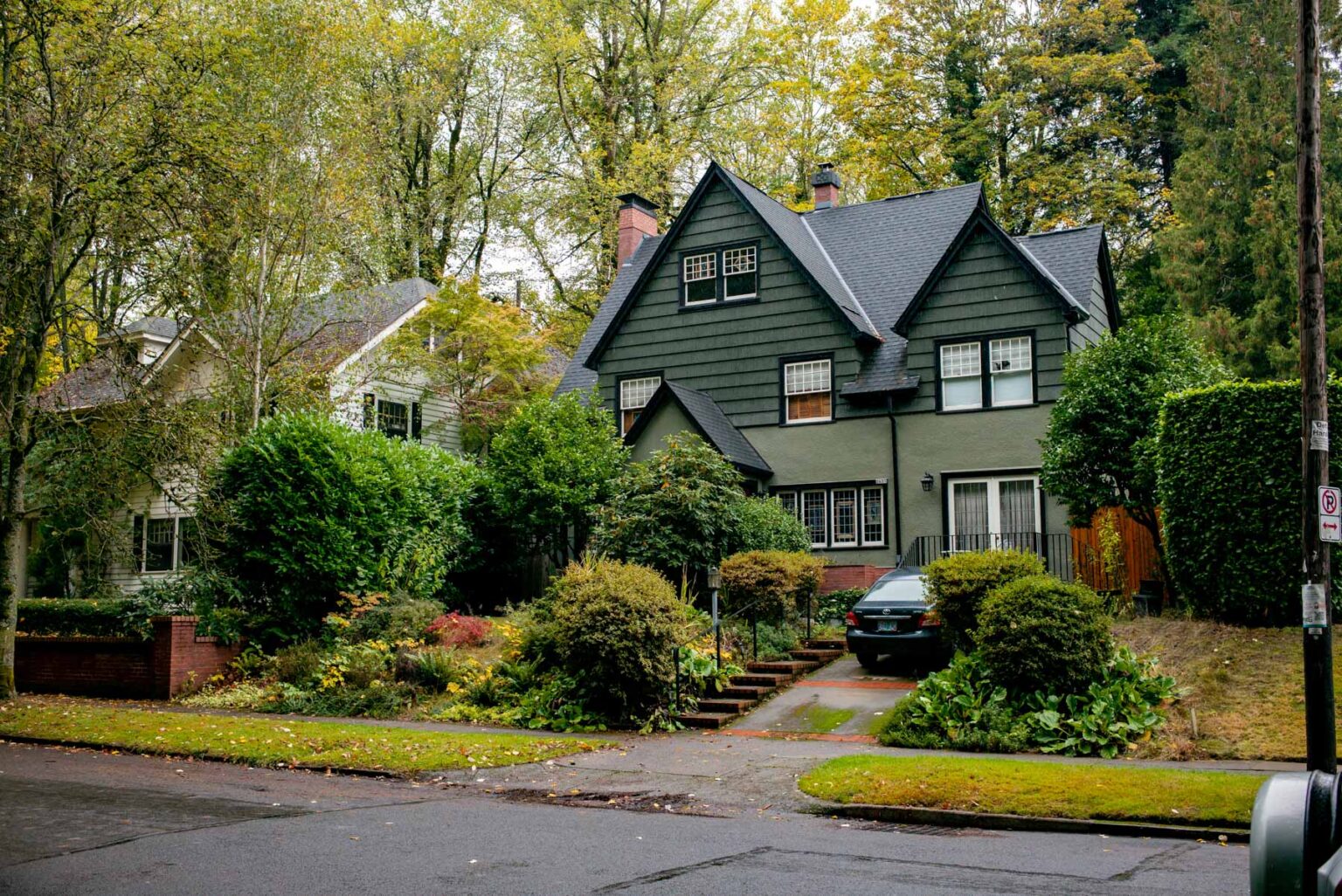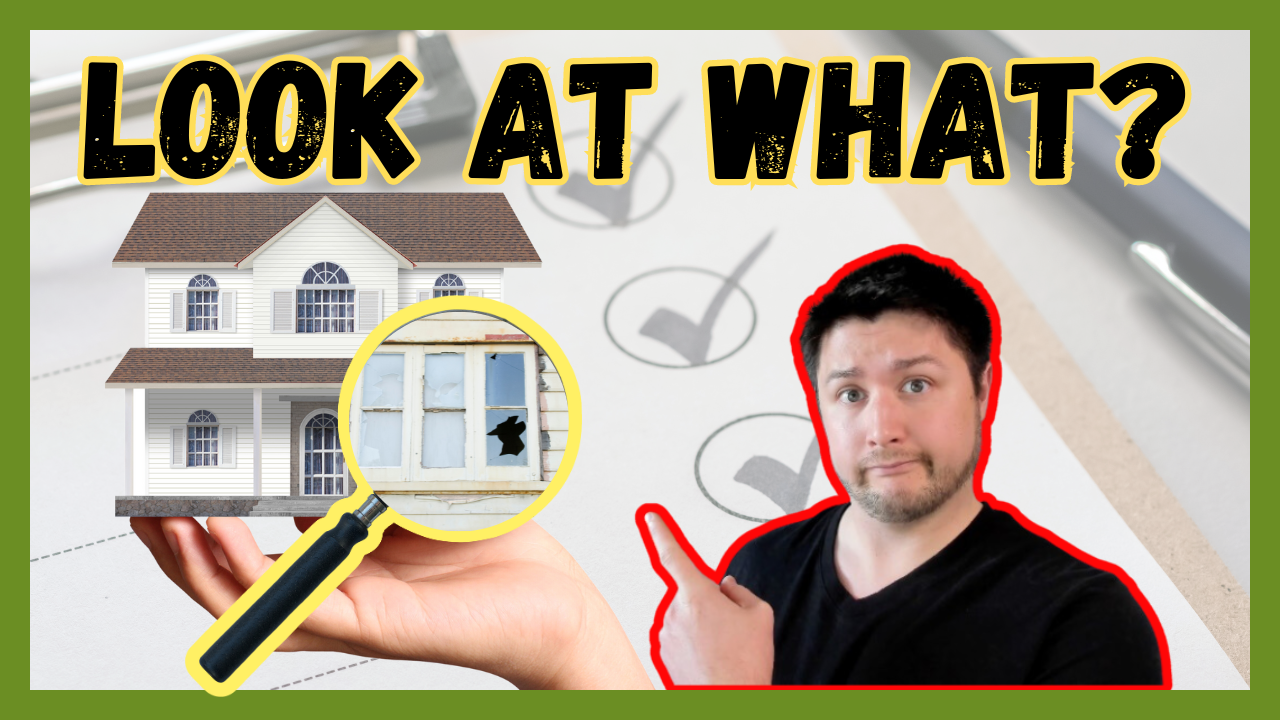With home values shifting, mortgage rates holding steady, and rental prices fluctuating, buyers and renters alike are asking the same question: Is now the right time to buy, or is renting the better move? The decision to buy or rent isn’t just about numbers—it’s about lifestyle, stability, and long-term goals. So, let’s break it down; What does the data say, and what should you consider beyond the numbers?
 Portland Market Snapshot
Portland Market Snapshot
 Median Home Price: $531,463 (up 1.2% year-over-year and expected to increase 3-4% in 2025, which most experts are calling conservative)
Median Home Price: $531,463 (up 1.2% year-over-year and expected to increase 3-4% in 2025, which most experts are calling conservative)
 Average Days on Market: 48 days (dialed-in homes are getting multiple offers with short time on-market with some less desirable homes sitting for longer)
Average Days on Market: 48 days (dialed-in homes are getting multiple offers with short time on-market with some less desirable homes sitting for longer)
 Average Monthly Rent: $1,699 (still below the national average)
Average Monthly Rent: $1,699 (still below the national average)
 Mortgage Rates: Holding in the 6.5–7% range
Mortgage Rates: Holding in the 6.5–7% range
(source: RMLS & Altos Research)
Portland’s market is in a steady but competitive phase, with home prices rising gradually and homes sitting longer on the market compared to peak pandemic years. Mortgage rates remain higher than many buyers would like, but the expectation is that they’ll start to trend downward in late 2025 or early 2026.
Why Buying in 2025 Makes Sense
 Building Wealth Instead of Paying Rent – Every mortgage payment builds equity, unlike rent, which only benefits your landlord. Historically, Portland real estate has been a strong long-term investment.
Building Wealth Instead of Paying Rent – Every mortgage payment builds equity, unlike rent, which only benefits your landlord. Historically, Portland real estate has been a strong long-term investment.
 Stability & Predictability – Locking in a fixed-rate mortgage means your monthly payment stays the same, unlike rent, which can rise unpredictably.
Stability & Predictability – Locking in a fixed-rate mortgage means your monthly payment stays the same, unlike rent, which can rise unpredictably.
 Personalization & Freedom – No landlord restrictions. You can renovate, paint, garden, and have pets without limitations. Your home is truly yours.
Personalization & Freedom – No landlord restrictions. You can renovate, paint, garden, and have pets without limitations. Your home is truly yours.
 Refinancing Potential – While rates are hovering around 6.5–7% now, many economists predict cuts ahead, meaning buyers could refinance to a lower rate in the next few years.
Refinancing Potential – While rates are hovering around 6.5–7% now, many economists predict cuts ahead, meaning buyers could refinance to a lower rate in the next few years.
 Community & Roots – Homeownership fosters deeper neighborhood connections. You’re more likely to engage with your community, whether through school districts, neighbors, local businesses or long-term friendships.
Community & Roots – Homeownership fosters deeper neighborhood connections. You’re more likely to engage with your community, whether through school districts, neighbors, local businesses or long-term friendships.
Why Renting Might Be the Right Choice
 Flexibility & Freedom – If you’re not sure you’ll stay in Portland for the next 3–5 years, renting might be the smarter option. Selling a home takes time and effort, and from a financial perspective, it’s ideal to hold onto it for at least 7 years before selling.
Flexibility & Freedom – If you’re not sure you’ll stay in Portland for the next 3–5 years, renting might be the smarter option. Selling a home takes time and effort, and from a financial perspective, it’s ideal to hold onto it for at least 7 years before selling.
 Lower Upfront Costs – Buying requires a down payment, closing costs, and maintenance expenses. Renting, on the other hand, usually only requires a security deposit and first month’s rent.
Lower Upfront Costs – Buying requires a down payment, closing costs, and maintenance expenses. Renting, on the other hand, usually only requires a security deposit and first month’s rent.
 Minimal Responsibilities – No property taxes, no roof repairs, no surprise plumbing disasters—your landlord handles it all. It really is a big advantage if you’re not wanting to have to worry about the financial headache.
Minimal Responsibilities – No property taxes, no roof repairs, no surprise plumbing disasters—your landlord handles it all. It really is a big advantage if you’re not wanting to have to worry about the financial headache.
So, should you buy or rent in 2025?
It comes down to what matters most to you:
If you’re looking to plant roots, build equity, and lock in stable housing costs, buying could be the right move—especially before home prices rise further.
If you value flexibility and want to avoid the upfront costs of homeownership, renting might be your best option for now.
If you want to explore making a move, let’s talk! We’ll help you weigh the numbers, the lifestyle factors, and your long-term goals to make the best decision for you.
 Portland Market Snapshot
Portland Market Snapshot













